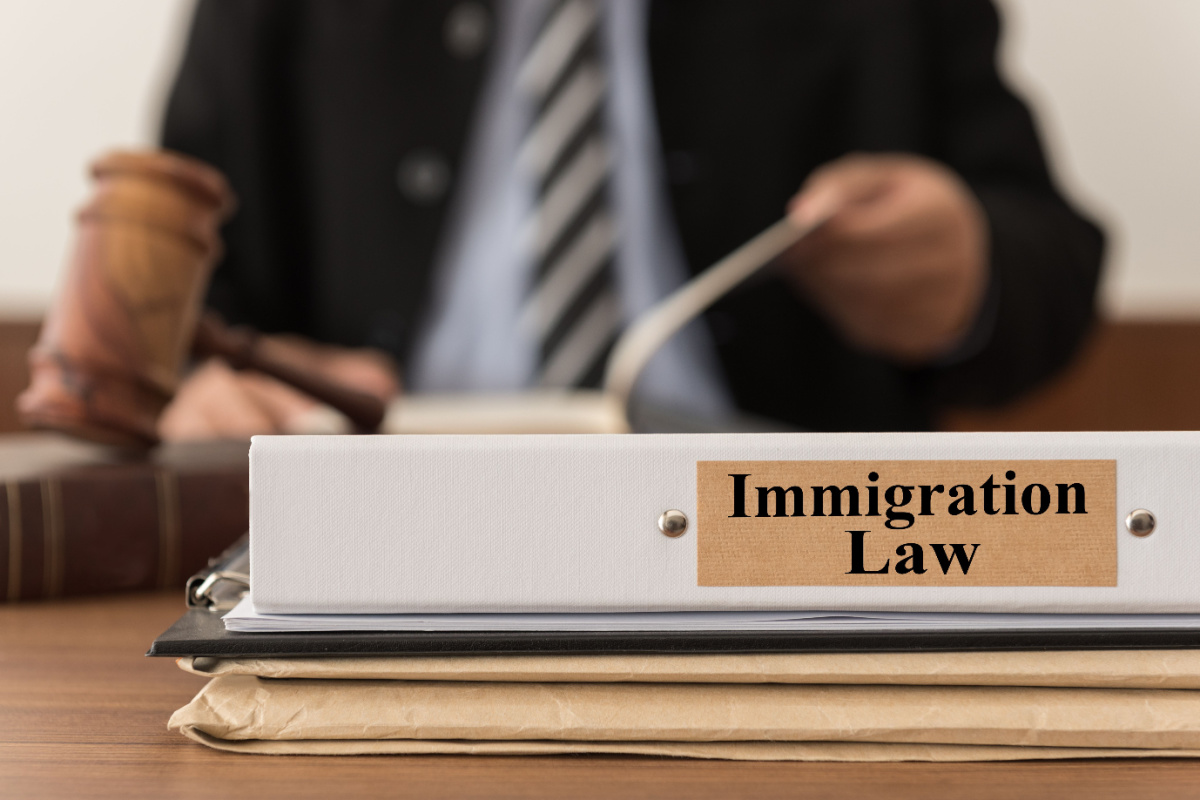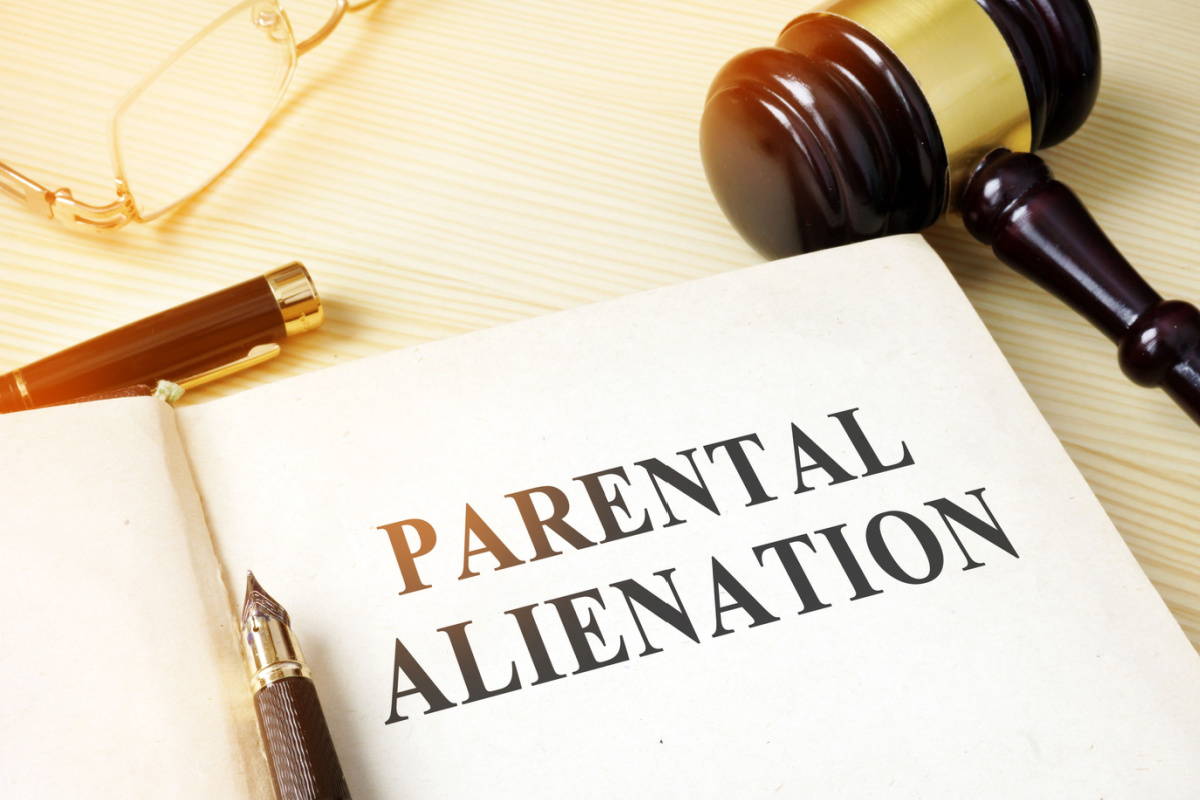Spousal support, known as alimony, is critical to divorce agreements. It is designed to ensure that the financially weaker spouse can maintain a standard of living similar to what was enjoyed during the marriage. However, circumstances can change, making modifying or enforcing spousal support agreements necessary.
This article will help you understand your rights and obligations as you navigate the processes of spousal support modification and enforcement in Louisiana.
Spousal Support Modifications: When and How They Can Be Changed
Life is unpredictable, and either spouse’s financial needs or abilities can change over time. Louisiana spousal support law recognizes this and allows for modifying spousal support agreements under certain circumstances.
1. Significant Change in Circumstances
The most common reason for modifying spousal support is a significant change in circumstances. This can include:
- Loss of Employment: If the paying spouse loses their job or suffers a significant reduction in income, they may request a reduction in spousal support payments.
- Increase in Income: Conversely, if the receiving spouse experiences a substantial increase in income, the paying spouse may want to reduce or terminate support.
- Health Issues: Severe health issues that affect the paying spouse’s ability to earn an income can also justify a modification.
- Remarriage or Cohabitation: If the receiving spouse remarries or begins living with a new partner, the paying spouse may request a termination of spousal support.
It’s essential to note that minor changes in circumstances, such as slight income fluctuations, are generally insufficient to warrant a modification.
2. Temporary vs. Permanent Modifications
Modifications can be temporary or permanent, depending on the nature of the change in circumstances. For example:
- Temporary Modifications: These may be granted if the change in circumstances is expected to be short-term, such as a temporary job loss.
- Permanent Modifications: These are considered when the change in circumstances is long-lasting, such as a chronic illness that impacts earning capacity.
3. Court Approval
Any modification to spousal support must be approved by the court. The process involves filing a petition with the court, demonstrating the significant change in circumstances, and providing evidence to support the claim. Both parties will have the opportunity to present their case before a judge decides.

Enforcement of Spousal Support: Ensuring Compliance
When a spousal support agreement is in place, both parties are legally obligated to comply with its terms. Unfortunately, non-compliance is not uncommon; in such cases, enforcement actions may be necessary.
1. Common Enforcement Issues
Non-payment or late payment of spousal support is a common issue with severe consequences for the receiving spouse. Enforcement actions may be required when the paying spouse:
- Fails to Make Payments: Consistently needs to pay more attention to payments.
- Pays Less Than Ordered: Deliberately reduces the payment amount without court approval.
- Refuses to Pay: Flat-out refuses to comply with the spousal support order.
2. Legal Remedies for Enforcement
Louisiana courts offer several legal remedies to enforce spousal support orders, including:
- Court Punishment: If you don’t pay, the court can fine you, deduct money from your paycheck, or even jail you.
- Money from Paycheck: The court can tell your boss to deduct the support money from your pay before you receive it.
- Taking Your Things: If you owe a lot, the court might take some of your stuff to pay what you owe.
- Losing Licenses: The court can only take away your driving license or work license once you pay what you owe.
- Interest on Arrears: Louisiana law allows interest to accrue on unpaid spousal support, which financially burdens the non-compliant spouse.
3. Proactive Measures
To avoid the need for enforcement, both parties must maintain open communication and address any potential issues early. If the paying spouse faces financial difficulties, they should seek a modification rather than allowing payments to lapse. Similarly, the receiving spouse should keep detailed records of all payments received and any issues encountered.

The Role of Legal Counsel in Spousal Support Cases
Navigating spousal support issues, whether they involve modification or enforcement, can be complex and emotionally charged. Experienced legal counsel is invaluable in ensuring your rights are protected. They also handle the whole process efficiently.
1. Legal Guidance for Modifications
A family law attorney can help you determine whether your circumstances warrant a modification and guide you through filing a petition with the court. If your case goes to court, legal guidance is necessary. Our lawyers will present your evidence and argue your side, aiming for the best result possible.
2. Assistance with Enforcement Actions
If you’re facing non-compliance issues, a lawyer can assist you in pursuing enforcement actions. They can help you file the necessary motions, gather evidence of non-payment, and represent you in court to ensure that the support order is enforced.
3. Negotiation and Mediation
Couples can sometimes negotiate support payments without going to court. A lawyer can help with these talks, trying to find a solution that works for both people.
How Stephenson, Chávarri & Dawson, LLC Can Help
At Stephenson, Chávarri & Dawson, LLC, we understand that spousal support issues can be legally complex and emotionally draining. Need help changing support payments? Having trouble getting your ex to pay? Our family lawyers can help. We have lots of experience. We’ll guide you through the process. We’re here to support you.
1. Personalized Legal Strategy
We recognize that every spousal support case is unique and has no one-size-fits-all solution. Our attorneys take the time to understand your specific situation, whether it involves changes in financial circumstances, health issues, or other life events that may impact your spousal support agreement. We work closely with you to create a personalized legal strategy to obtain a favorable outcome.
2. Expert Representation in Court
If your case requires court intervention, you can trust our attorneys to represent you professionally and seriously. We have extensive experience advocating for our clients in Louisiana family courts, whether you need to modify an existing support order or enforce one that has been violated. Our lawyers know how to argue well. They use strong reasons. They find good proof. This helps your case succeed.
3. Negotiation and Mediation Services
We’ve seen many cases where spousal support issues can be resolved without needing a contentious court battle. Our firm offers skilled negotiation and mediation services to help you and your ex-spouse reach a mutually agreeable solution. We aim to facilitate constructive discussions that lead to fair outcomes while minimizing stress and conflict.
4. Comprehensive Legal Support
Spousal support is just one aspect of family law, and we offer comprehensive legal support for all related matters, including divorce, child custody, and property division. We take care of all your legal needs, not just pieces. Our complete approach helps you feel at ease during this challenging time.
5. Compassionate and Client-Centered Approach
At Stephenson, Chávarri & Dawson, LLC, we pride ourselves on our compassionate and client-centered approach. We understand the emotional toll that family law issues can take, and we are committed to providing you with the support you need every step of the way. Our lawyers are here for you at every step. We answer your questions, listen to your worries, and keep you updated as your case moves forward.
Contact Us Today
If you are facing spousal support issues or need legal assistance with any family law matter, don’t hesitate to contact Stephenson, Chávarri & Dawson, LLC. Our dedicated team is ready to help you navigate these complex issues with confidence and care. Schedule a consultation today to discuss your case and learn how we can assist you in achieving the best possible outcome.
Resources
- LouisianaLawHelp.org – Spousal Support: This article explains the two types of spousal support in Louisiana—interim and final spousal support—and outlines the process for requesting modifications. It also discusses eligibility criteria and factors considered by the court. Visit LouisianaLawHelp.org
























